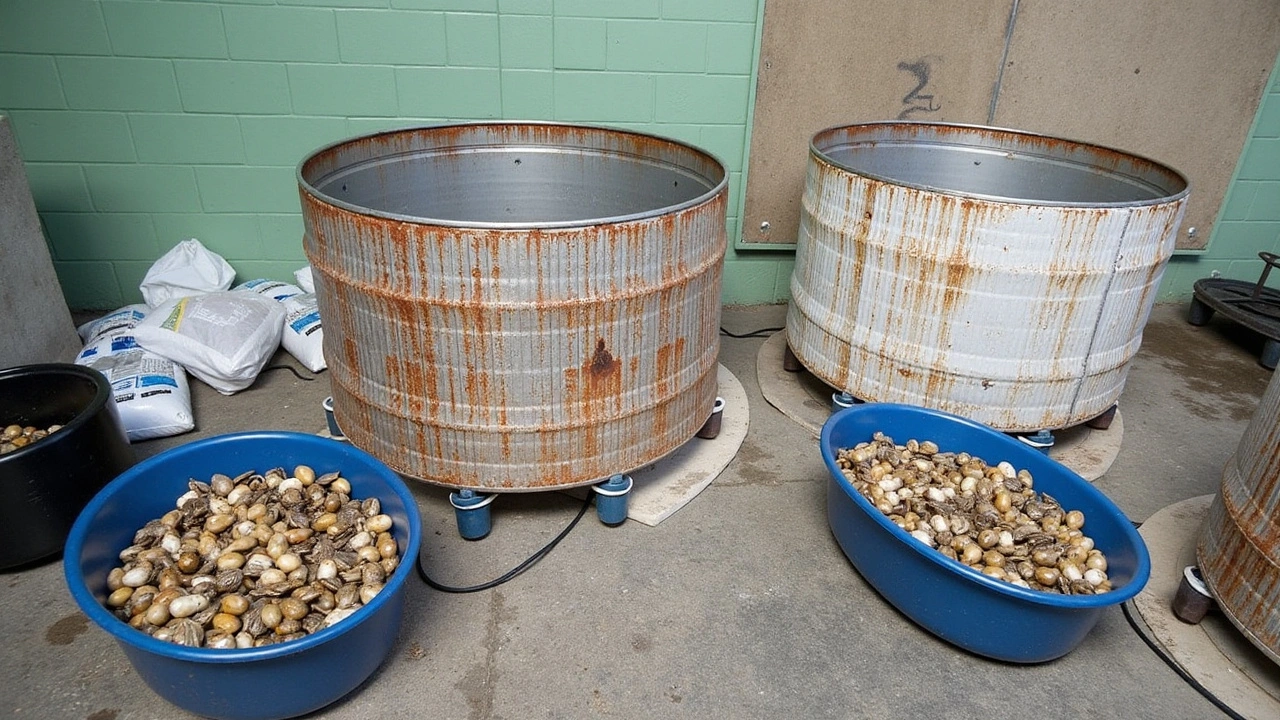Wildlife Trafficking: Why It Matters and How You Can Help
Every day, thousands of animals are snatched from Africa's forests, savannas, and oceans and sold on a black market that spans the globe. This illegal trade fuels organized crime, destroys ecosystems, and pushes many species toward extinction. If you’re wondering how you fit into this picture, keep reading – the answers are simpler than you think.
What Wildlife Trafficking Looks Like on the Ground
Poachers often target high‑value animals like elephants for ivory, rhinos for horn, and pangolins for scales. They work in remote areas, using cheap weapons and sometimes bribing local officials to get away with it. Once the animals are killed, their parts are smuggled across borders in hidden compartments, shipped in cargo containers, or even mailed in parcels. The money they make fuels further corruption, weapons purchases, and sometimes even terrorist activities.
In many African countries, the loss of wildlife also means loss of tourism income. A park that once attracted visitors can become a ghost town if its iconic animals disappear. That hits local jobs, community projects, and the government’s ability to fund conservation.
Practical Ways You Can Fight the Trade
First, stay informed. Follow reputable conservation groups and watch for news about illegal shipments. Knowing the routes and species under threat helps you spot suspicious activity.
Second, choose responsibly. If you buy jewelry, décor, or clothing, make sure it’s certified as conflict‑free. Look for labels from organizations like CITES or the Elephant Protection Initiative. A quick online check can save a life.
Third, support local communities. Many projects pay families to protect wildlife instead of hunting it. Donating to or volunteering with these programs lets you put money directly into the hands of people who are already fighting on the front lines.
Fourth, report anything fishy. If you see a truck without proper paperwork, an unusually large shipment of animal parts, or a market selling exotic goods, contact local authorities or an NGO. Your tip could spark an investigation.
Finally, spread the word. Share stories on social media, talk to friends, and encourage schools to include wildlife crime in their curriculum. The more people know, the harder it becomes for traffickers to operate unnoticed.
Wildlife trafficking isn’t just an African problem – it’s a global crisis that needs a global response. By staying alert, buying responsibly, and backing community projects, you become part of the solution. Every action, no matter how small, adds up to a bigger push against the illegal trade.
So next time you think about where a product comes from or hear about a poaching incident, remember: you have the power to make a difference. Let’s keep Africa’s wild places thriving for the next generation.
Major Abalone Trafficking Bust Uncovered in Cape Town Storage Facility by Tactical Response Team
The arrest of three individuals at a Cape Town storage facility marks a significant victory in the fight against illegal abalone trafficking. The operation led to the seizure of a large quantity of abalone, illuminating ongoing efforts to curb the illegal trade of marine resources in South Africa. The suspects include a Chinese national and two Zimbabweans, highlighting the international scope of these crimes.
